The Carnival
In 2021, due to the pandemic, the Carnival parades have been cancelled.
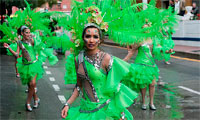 During Carnival celebration in Alhama de Murcia, in the early years that we know, the bands of musicians and troupes that took to the streets, gave a great show of talent and imagination, all singing and criticizing or praising the nation where they were born.
During Carnival celebration in Alhama de Murcia, in the early years that we know, the bands of musicians and troupes that took to the streets, gave a great show of talent and imagination, all singing and criticizing or praising the nation where they were born.
Until 1936, the Carnival of Alhama de Murcia achieved great fame in the Lower Guadalentín Region. The residents of Alhama de Murcia would group in troupes wearing same or related disguises according to their chosen theme and sang simple musical compositions with verses and 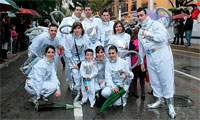 chorus to the beat of pasodobles, waltzes or mazurkas, forming what is known today as "MURGAS". The lyrics were printed on small sheets of paper that were sold to people for a "perrogordo" (a really small amount of money: 2 cents of a Peseta). The people in the Murgas were usually accompanied by cane whistles and a drum made with a "bota" or a round box of sardines.
chorus to the beat of pasodobles, waltzes or mazurkas, forming what is known today as "MURGAS". The lyrics were printed on small sheets of paper that were sold to people for a "perrogordo" (a really small amount of money: 2 cents of a Peseta). The people in the Murgas were usually accompanied by cane whistles and a drum made with a "bota" or a round box of sardines.
In Alhama de Murcia Carnival was celebrated over the three main days: Sunday, Monday and Tuesday of Carnival.
These days, big dances were held in the Casino and at the Worker Instruction Circle and the streets were filled with bands and troupes.
Carnival was banned in Spain since the end of the Civil War until pretty much the establishment of Democracy.
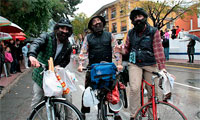 The recovery of the Carnival as festive ritual however did not bring back the "Murga" as the creative manifest, criticizing mirror of the Alhameñan society. Criticizing or picaresque, satirical or traditional, distorted portrait of the way we live, but also creative expression of the community where the individual acts as the leading character and active subject of the festivity, Murgas have passed into history.
The recovery of the Carnival as festive ritual however did not bring back the "Murga" as the creative manifest, criticizing mirror of the Alhameñan society. Criticizing or picaresque, satirical or traditional, distorted portrait of the way we live, but also creative expression of the community where the individual acts as the leading character and active subject of the festivity, Murgas have passed into history.
Currently, Alhama de Murcia celebrates carnival with various parades, on Carnival Sunday evenings and on Piñata Saturday and Sunday. On these occasions, children and young people give color and flavor to the town carnival evenings.
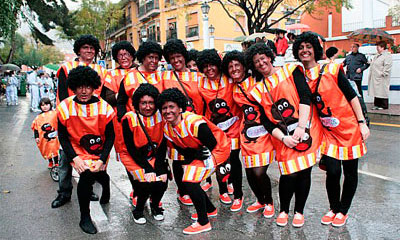
Carnival in Alhama is characterized by the spontaneity with which the people take to the streets. Dressed in more or less colorful costumes, put make-up on and go out dressed as masks, which is how dressed up people are referred to.
It is recommended to attend the Desfile de Carnaval (Carnival parade), involving local and visiting gangs.
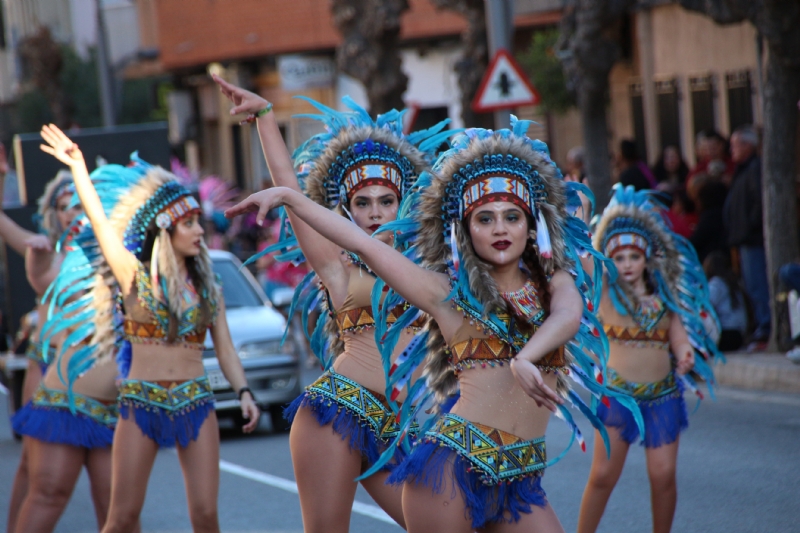
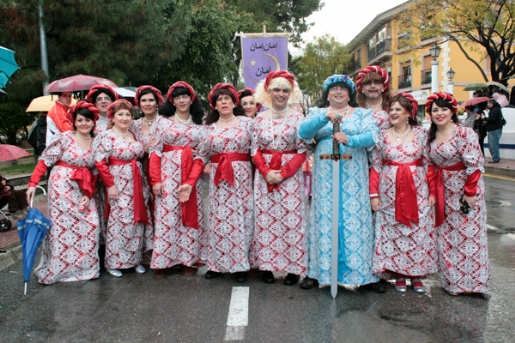
Plaza de la Constitución, 10 Alhama de Murcia (Murcia)
Telf: 968 63 35 12 · Fax: 968 63 94 90
turismo@alhamademurcia.es
Diseño y programación: Avatar Internet S.L.L.




.jpg)

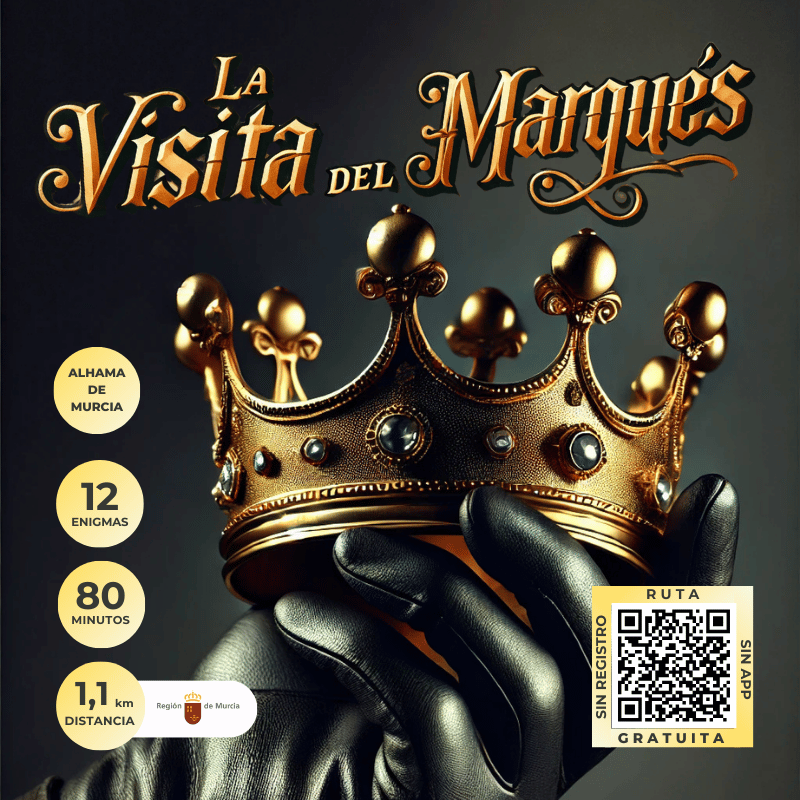
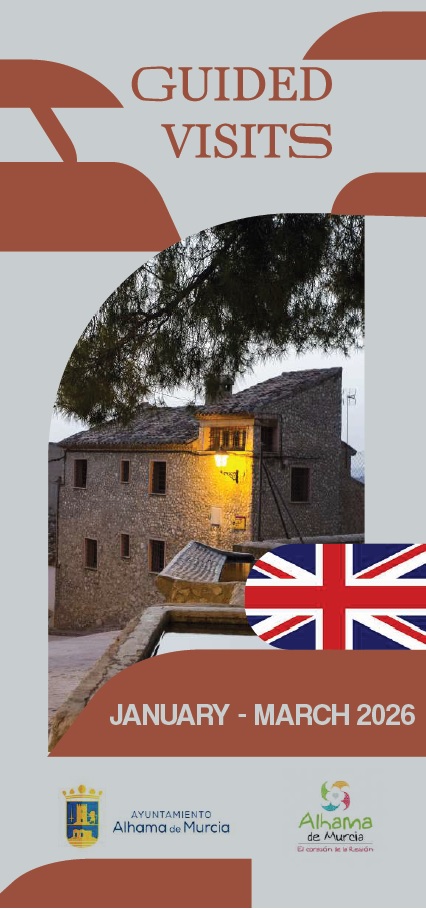
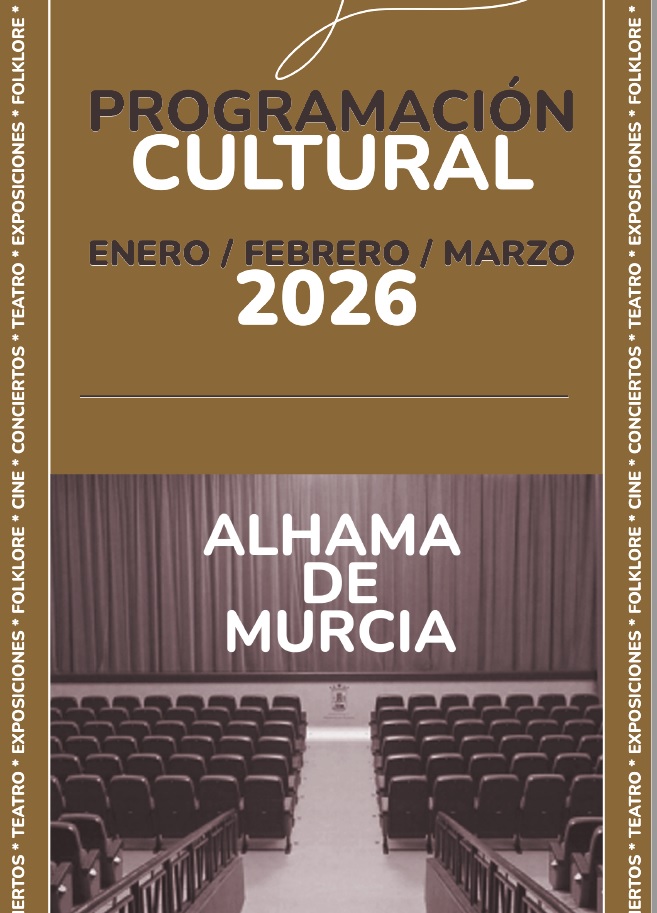

.jpg)

.jpg)

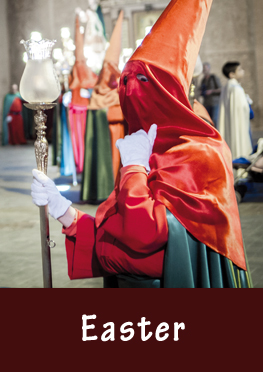
.jpg)





